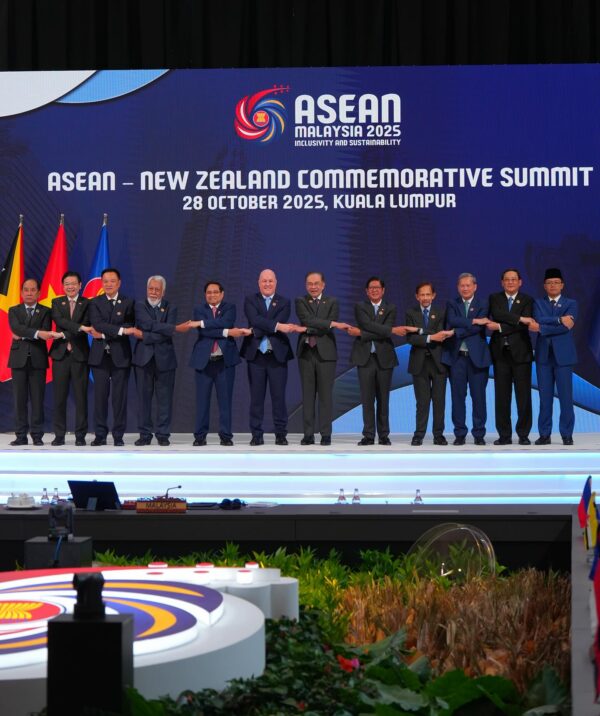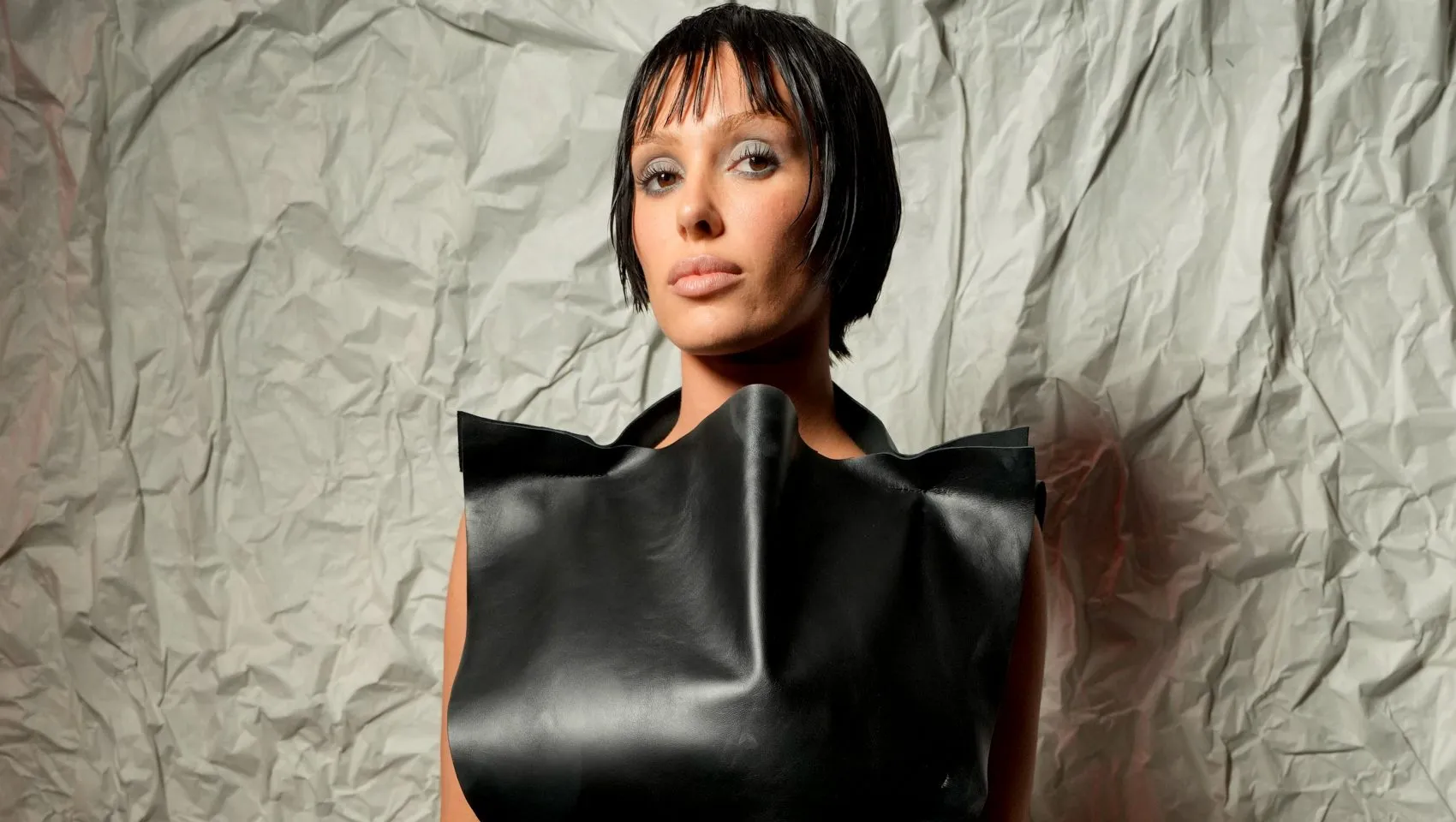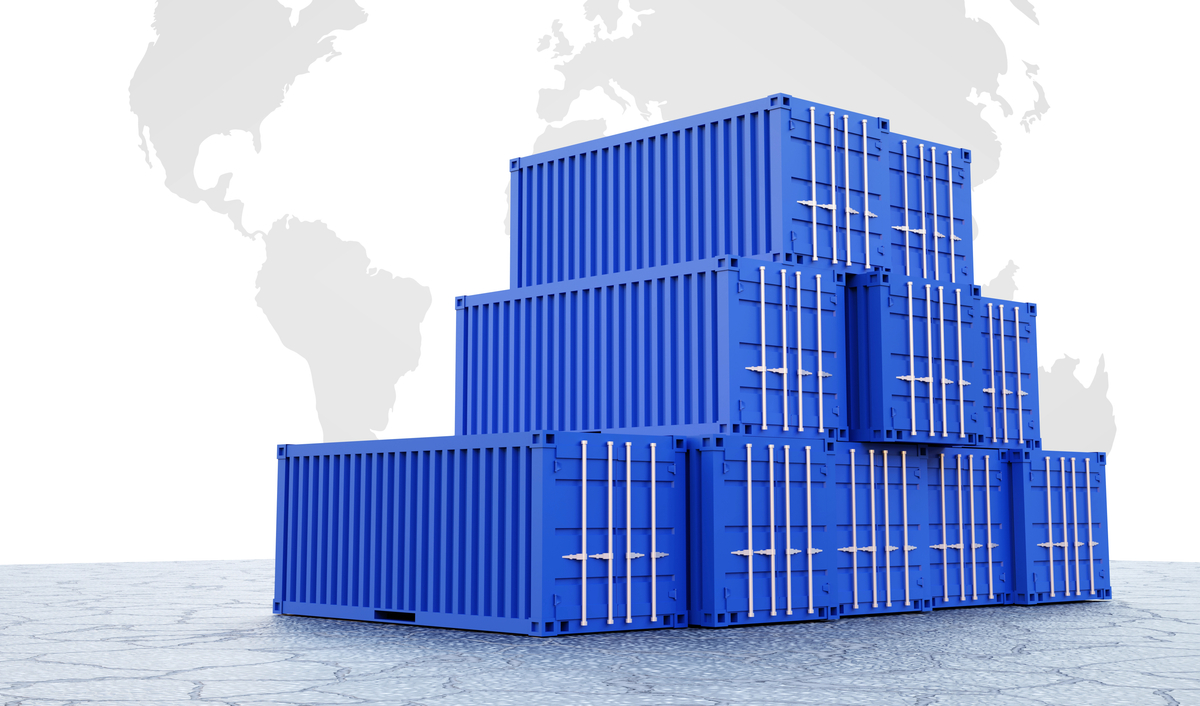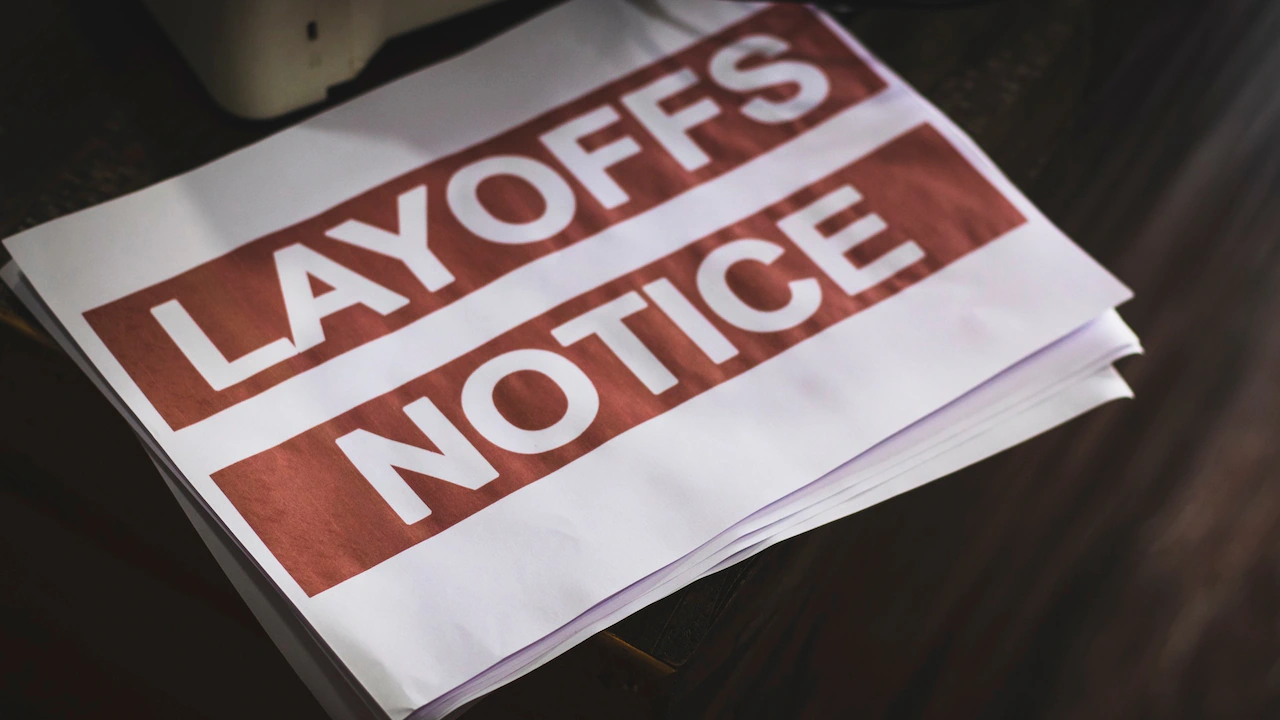Copyright thediplomat

New Zealand Prime Minister Christopher Luxon was in Malaysia this week to attend the East Asia Summit, as well as the ASEAN-New Zealand Commemorative Summit – recognizing 50 years of relations between the bloc of Southeast Asian countries and Wellington. The occasion enabled both parties to launch the new ASEAN New Zealand Comprehensive Strategy Partnership (CSP), while Luxon’s trip also provided opportunities to enhance the bilateral relationship between Wellington and Kuala Lumpur. The CSP committed the partners to the effective implementation of the recently upgraded ASEAN-Australia-New Zealand Free Trade Area (AANZFTA), supporting the implementation of the ASEAN Digital Economy Framework Agreement (DEFA), and strengthening cooperation in addressing nontraditional security challenges such as cybersecurity, transnational crime, pandemics and climate change. Alongside this, ASEAN and New Zealand also committed to promote greater digital-green economic integration, advance digital capabilities for small and medium enterprises, and expand cooperation in clean energy, innovation, and artificial intelligence governance and development. In July last year, New Zealand launched its “foreign policy reset,” through which it has sought to “raise the energy and intensity we bring to our important relationships.” This included Wellington “significantly increasing its focus on and resources applied to South East Asia, South Asia (in particular India) and North Asia.” With the hope of doubling the country’s export value over the next decade, and with their forecasted economic growth, Southeast Asian countries were identified as essential for diversifying the country’s trading relationships. Beyond this, the reset also sought to reinforce ASEAN’s role in anchoring the region. New Zealand noted that the body was “critical to keeping our supply chains and connectivity to the world open and for maintaining the rules-based system we depend on.” In February, New Zealand’s Ministry of Foreign Affairs and Trade (MFAT) released its international development cooperation plan for ASEAN, which included three priority areas for Wellington’s assistance. These were climate and economic resilience (renewable energy, climate smart agriculture, environmental management and disaster resilience); knowledge and skills (scholarships, professional development and civil society leadership training); and peace and security (good governance and leadership; social cohesion; preventing violent extremism; and the removal of explosive remnants of war). In mid-October, New Zealand Foreign Minister Winston Peters delivered a speech to the ASEAN-NZ Business Council in Auckland where he highlighted that ASEAN countries collectively were New Zealand’s fourth largest trading partner and that 10,000 students from Southeast Asia were studying at New Zealand universities – contributing around half a billion dollars to the country’s economy. But Peters also highlighted the untapped potential for the relationship. He stressed that New Zealand needed to acknowledge the upward trajectory of Southeast Asia. “This is one of the world’s most dynamic regions, where demographics, urbanization, and rising middle classes are reshaping demand,” Peters said. “…For New Zealand firms, Southeast Asia is not just a destination – it is a growth multiplier.” Central to the foreign policy reset of the coalition government of the National, ACT and New Zealand First parties that took office in late 2023, has been a shift in focus on concrete actions rather than values. As Peters reiterated: “The reset is defined by its realism, delivery and national interest. Realism takes the world as it is; delivery comes through practical diplomacy and clear priorities; with a clear-eyed focus on advancing New Zealand’s security and prosperity.” The previous New Zealand government had sought to center Maori values as the driver of the country’s foreign policy. Yet a focus on ideas that may have played well with Western audiences like “decolonization” was interpreted differently in Southeast Asia. As David Capie, the director of the Centre for Strategic Studies at Victoria University in Wellington, has written: “Indonesia expressed worry about what a focus on self-determination meant for its territorial integrity.” There is often an assumption within progressive circles in countries like New Zealand and Australia that such values-based approaches will find traction in regions like Southeast Asia. But this ignores local complex histories and political realities that interpret the world in a very different way. It also ignores what regions like Southeast Asia currently want from their relationships with countries like New Zealand – which is growth and opportunity. Luxon’s trip to Malaysia and Peters’ recent address in Auckland grasped this better understanding of the region and the potential strengthening of ties that it may create.



